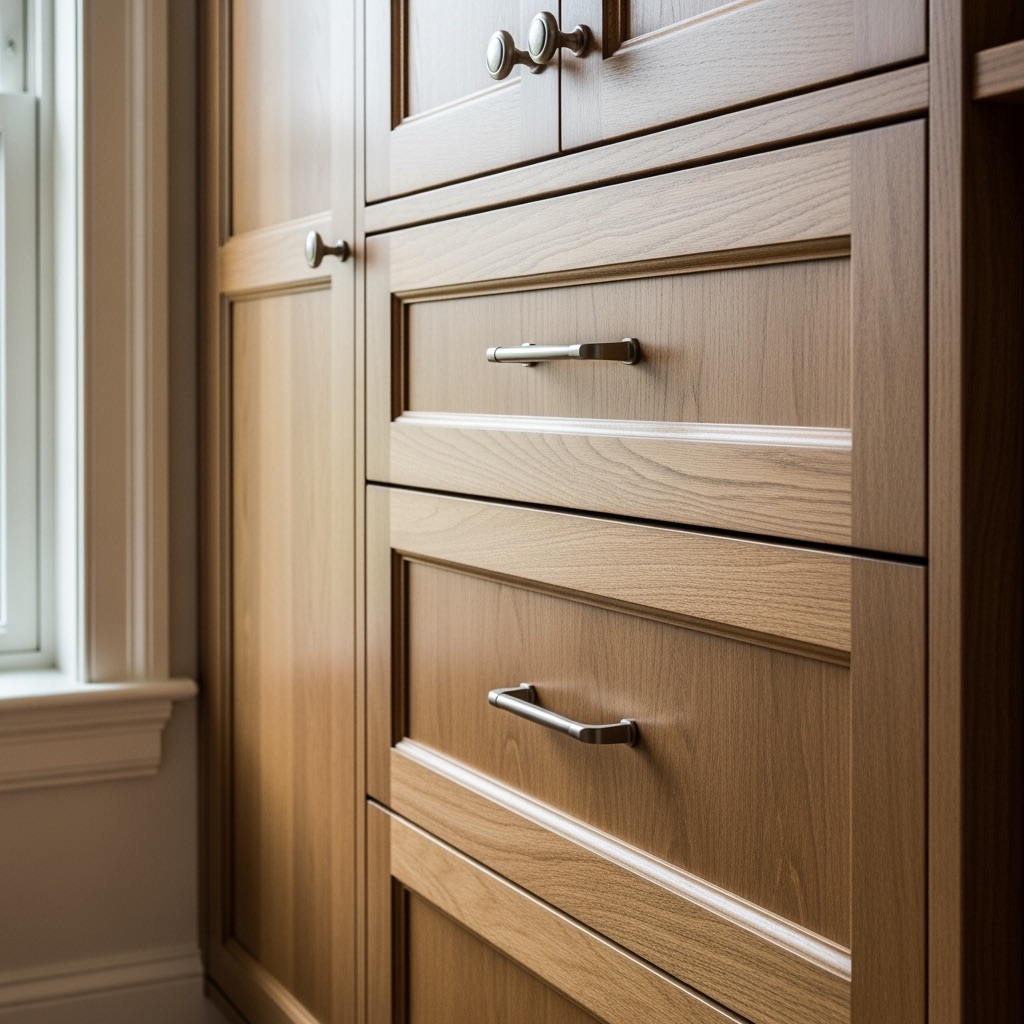Last updated on
Use these simple six tips to start a perfect garden as a beginner. Read on!
Gardening is a rewarding and therapeutic activity. It’s an art form that allows you to express your creativity while beautifying your home.
For beginners, however, the prospect of starting a garden can be daunting. There are so many things to consider: Which plants do I choose? How much space do I need? What kind of soil should I use?
Fortunately, with just a few tips from experienced gardeners, even novice green thumbs can create beautiful outdoor spaces in no time at all.
Here are 6 beginner tips for creating the perfect garden – from selecting the right plants to finding the best tools and techniques for maintenance.
With these basics mastered, you’ll soon find yourself on your way to becoming an expert gardener!
Choose the Right Plants
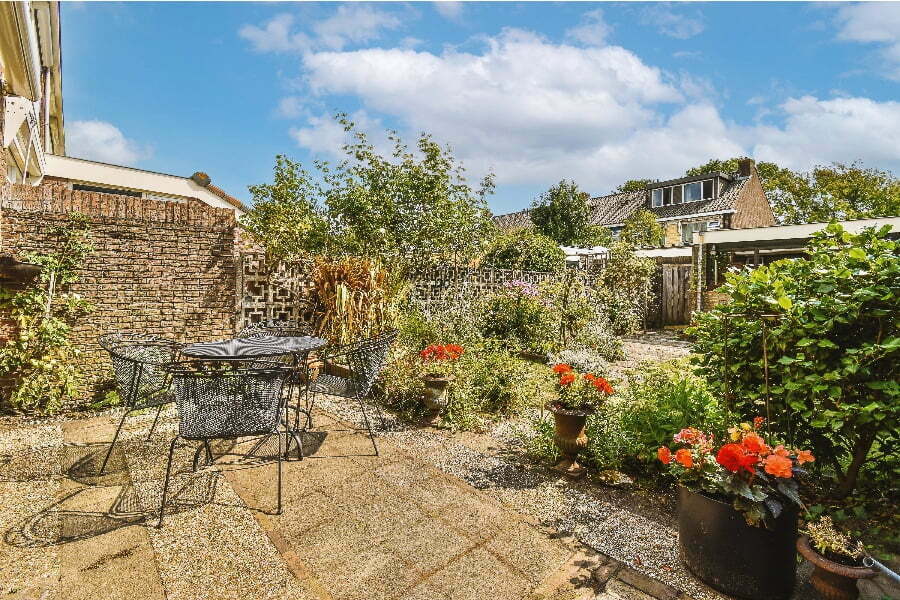
The perfect garden starts with the right plants. To get started, consider your climate and soil type and select plants that are suitable for your area.
If you’re unsure what will work well in your location, talk to a local gardening expert or consult with a nursery staff member who can give you advice on which species will thrive in your area.
For instance, if you plan on choosing a hydroponic system for your garden, you will have to pick plants that thrive in water, like lettuce or basil.
Conversely, if you’re starting a traditional garden, look for plants that do well in soil, like tomatoes and peppers.
Select the Best Soil
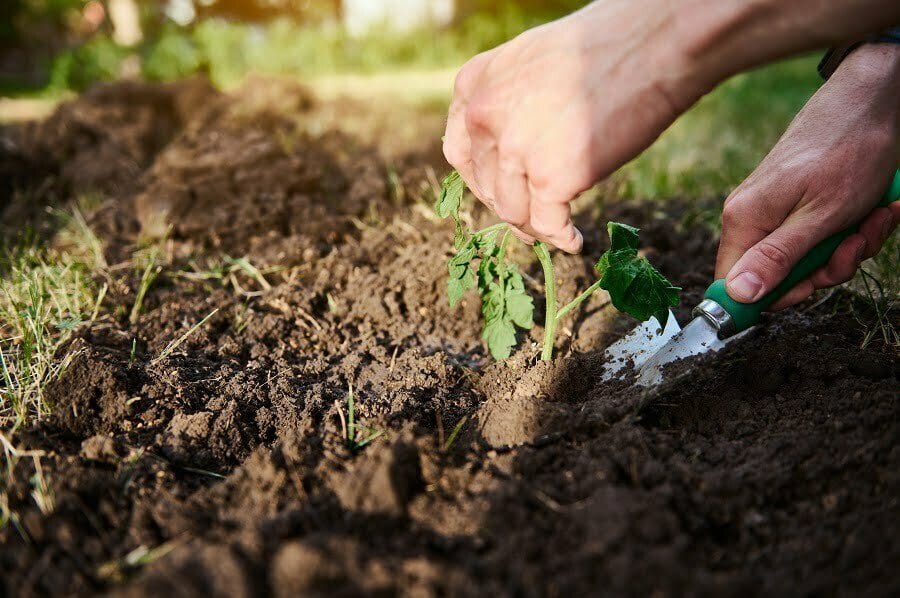
When it comes to soil, you want to select one that is nutrient-rich and has the perfect balance of water, air, and organic matter. Different plants require different soil types – for instance, roses need loamy soil while cacti prefer sandy soil.
Consider your climate when selecting a soil type; if you live in an area with heavy rainfall, make sure to choose soil that can better retain water.
Additionally, you may want to consider adding compost or other organic matter to your soil for extra nutrients.
Get the Proper Tools and Supplies

Gardening requires more than just soil and plants – it also involves having the right tools. To make your gardening experience easier, invest in a set of quality tools that are specifically designed for gardening tasks.
A good garden toolkit should include pruners, trowels, shovels, rakes, hoes, and even a hose nozzle. You may need to get supplies like fertilizers, mulch, and pest control products to keep your plants healthy.
Furthermore, make sure you have the right protective gear, such as gloves and masks, to keep yourself safe while gardening.
Understand Weather Conditions
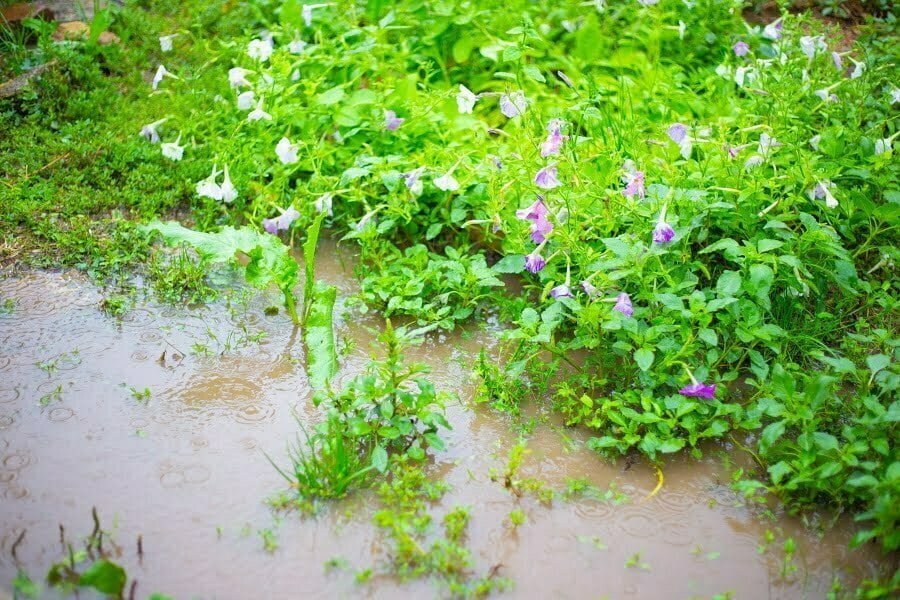
When it comes to gardening, the weather is a major factor in determining plant health. Make sure you understand the climate of your area and how it will affect your garden.
For instance, some plants require more sun than others, so be sure to research what kind of exposure to light each type needs before planting them.
Pay attention to changes in the weather, like sudden temperature drops or heavy rain, as this can have a major impact on your garden. The weather changes can quickly add up and lead to plant damage, so be sure to keep an eye on it.
Follow Good Maintenance Practices
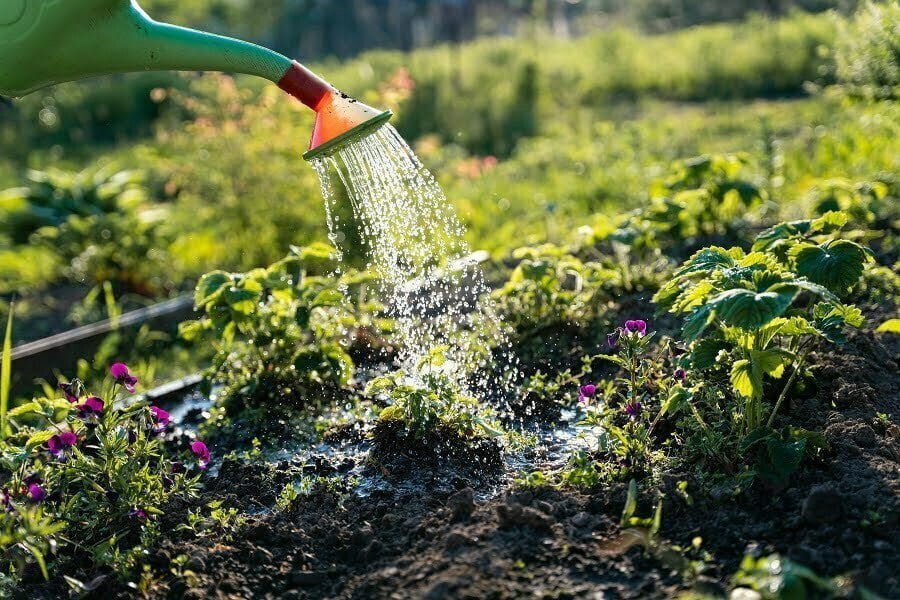
Taking care of your garden is essential for keeping it healthy and vibrant. Make sure to water your plants on a regular basis, and fertilize them every few weeks.
Keep an eye out for pests or diseases that can damage your plants, and take the necessary steps to control them. Remember to prune regularly – this will help keep your plants healthy and looking their best.
In most cases, you should only prune in the spring and summer months.
Learn Basic Gardening Techniques
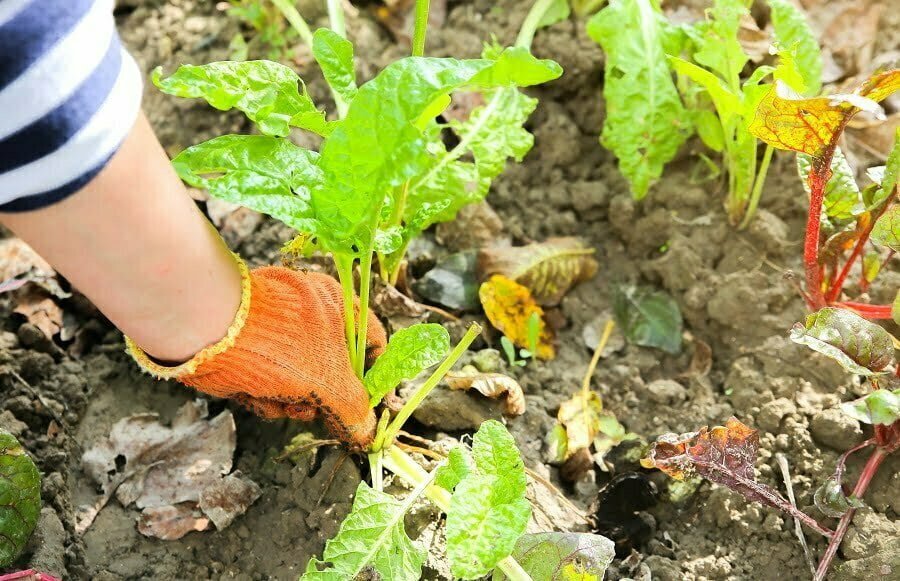
It’s important to understand basic gardening techniques, like planting, weeding, and fertilizing. Before you start your garden, read up on the basics of gardening and learn more about different types of plants and how they should be cared for.
Experiment with different methods until you find what works best for you. With practice, you’ll soon learn how to create a beautiful and thriving garden. More importantly, you’ll also enjoy the process of creating something that is both rewarding and therapeutic.
By following these tips, you’ll be well on your way to creating the perfect garden. With some practice and research, you can learn the basics of gardening and start fiddling with different techniques to make your garden look and feel exactly the way you want it.
Have fun, be creative, and enjoy the process of creating something beautiful! Remember that gardening is a journey – mistakes will be made, but in the end, you’ll learn a lot and create something amazing.
Recap
